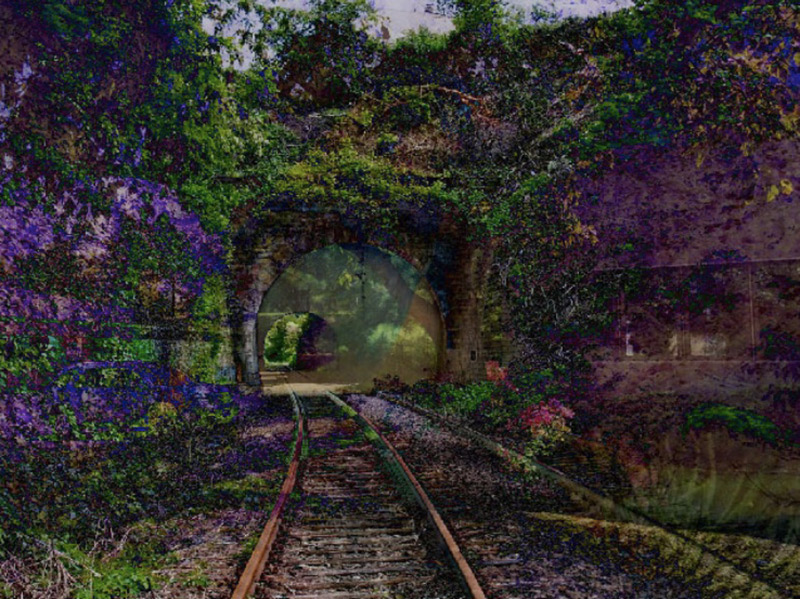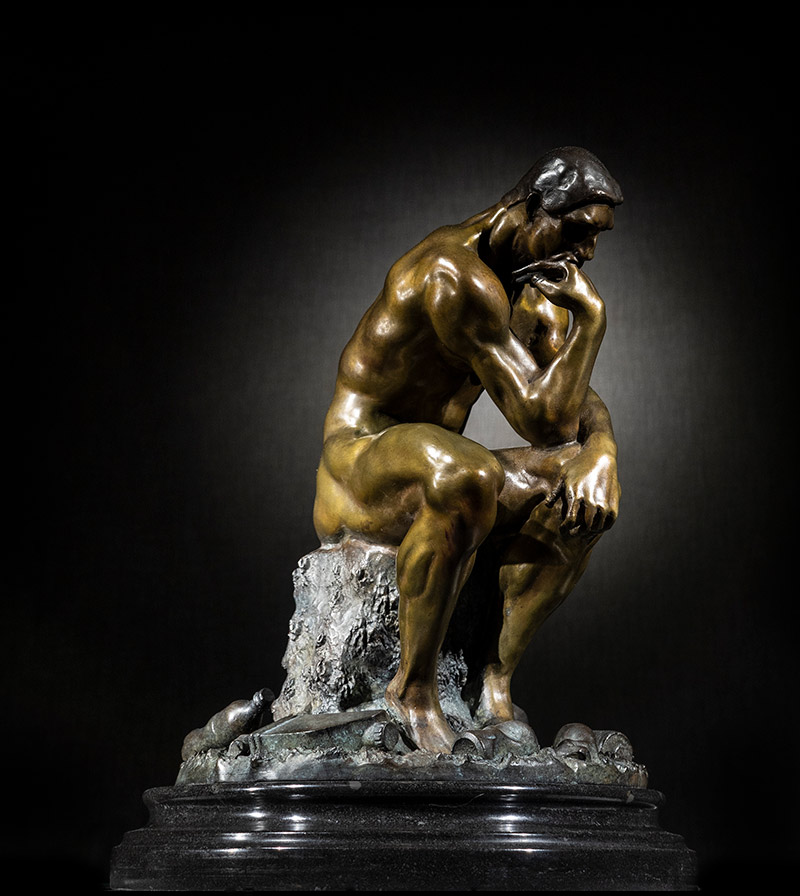Copyright and AI Generated Art: Understanding and Navigating The Legal Boundaries in the Digital Age
Author: Distil Ennui | Post Date: 22-08-2023In the fast-evolving realm of digital creativity, one burning question is gaining traction: Does AI art violate or indeed merit copyright protection? In this exploration of AI-generated artworks and their relationship with copyright law, we'll uncover key insights while addressing some crucial questions.
AI-Generated Art and Copyright Law: A Complex Intersection
AI-generated art and copyright law intersect in fascinating ways. So, does AI art violate copyright? No, AI art itself doesn't infringe on copyright laws. Copyright typically applies to original works crafted by human authors. AI, being a tool, doesn't possess the legal standing of a human creator. However, the nuances of AI-generated art bring forth intriguing legal scenarios.
Recently A Court Shot Down a Computer Scientist’s Latest Attempt to Copyright an A.I.-Created Artwork in a Case That Has Big Implications for A.I. Artists. (source ArtNet)

Stephen Thaler has unsuccessfully sought copyright protection for this AI-created piece A Recent Entrance to Paradise.
Image via U.S. Copyright Office.
Thaler has filed suit against the U.S. Copyright Office, arguing his A.I.-generated art should be granted protections. Thaler attempted to register the work with the U.S. Copyright Office in 2018, identifying the author as the Creativity Machine, and explaining that that the work was “autonomously created by a computer algorithm running on a machine.” He sought to claim the copyright as a “work-for-hire to the owner of the Creativity Machine.”
The copyright office denied the application on the basis that the work lacked the necessary human authorship to support a copyright claim, in a refusal letter from August 2019. Thaler requested reconsideration of his application, but the office refused a second time, as outlined in a letter dated March 2020.
AI-Generated Art Copyright Infringement: Unraveling the Complexities
AI-generated works, while not copyright violations in their own right, can potentially infringe copyright when they are produced using copyrighted source materials. In such cases, the use of copyrighted images, text, or music without proper authorisation can indeed constitute copyright infringement, triggering legal consequences.
Commercial Use of AI-Generated Art: Navigating Legal Terrain
The permissibility of using AI-generated art for commercial purposes hinges largely on its origin. If you've personally generated the artwork using AI tools, it's generally acceptable for commercial use. However, complications may arise if the AI art incorporates copyrighted materials or proprietary AI models without proper authorisation.
Copyright for Modified AI Art: An Evolving Legal Landscape
Modifying AI-generated art introduces a layer of creativity that might qualify for copyright protection. However, the original AI-generated artwork often remains distinct, potentially complicating copyright claims. Specific cases may require legal consultation to ascertain the copyright status accurately.
Copyrighting AI-Generated Images: A Legal Gray Area
As of now, copyright laws predominantly confer protection to human-authored creations. AI-generated images inhabit a legal grey area. While some countries are exploring legislation to address AI-generated content, the legal landscape is continually evolving.
Is All AI Art Copyright-Free? Understanding the Nuances
It's crucial to recognise that not all AI art is automatically copyright-free. Whether AI-generated or not, artworks are subject to copyright protection unless explicitly designated otherwise by the creator. It is prudent to scrutinise licensing terms and seek proper authorisation when using or sharing AI-generated art.
Implications for copyright law
Creating works using artificial intelligence could have very important implications for copyright law. Traditionally, the ownership of copyright in computer-generated works was not in question because the program was merely a tool that supported the creative process, very much like a pen and paper. Creative works qualify for copyright protection if they are original, with most definitions of originality requiring a human author. Most jurisdictions, including Spain and Germany, state that only works created by a human can be protected by copyright.
But with the latest types of artificial intelligence, the computer program is no longer a tool; it actually makes many of the decisions involved in the creative process without human intervention.
Commercial Implications of AI Generated content not having copyright protection.
You could argue that this distinction is not important, but the manner in which the law tackles new types of machine-driven creativity could have far-reaching commercial implications. Artificial intelligence is already being used to generate works in music, journalism and gaming. These works could in theory be deemed free of copyright because they are not created by a human author. As such, they could be freely used and reused by anyone. That would be very bad news for the companies selling the works. Imagine you invest millions in a system that generates music for video games, only to find that the music is not protected by law and can be used without payment by anyone in the world.
While it is difficult to ascertain the precise impact this would have on the creative economy, it may well have a chilling effect on investment in automated systems. If developers doubt whether creations generated through machine learning qualify for copyright protection, what is the incentive to invest in such systems? On the other hand, deploying artificial intelligence to handle time-consuming endeavours could still be justified, given the savings accrued in personnel costs, but it is too early to tell.
In summary, the relationship between AI-generated art and copyright law is multifaceted, continually evolving, and teeming with intricate legal implications. While AI art itself doesn't inherently infringe on copyright, its use of copyrighted materials can raise legitimate concerns about infringement. It's imperative to grasp the legal intricacies of AI art for both creators and consumers in the digital age.
My personal view.
The difference between 'non-sentient' AI generated works and those created by human intent across any medium cannot be understated, it is the human condition that has thus far created masterpieces that stand the test of time and provides powerful signals to the human condition through our experience, this cannot be simulated or artificially taught. Personally I think it right that the copyright office have refused to offer copyright protection to professor Thaler's works. Whilst I admire his process in creating complex software models to allow him to create with his AI is fascinating, but considering these works as human created, because he (a human) created the software in my view does not stand. But this will change when AI becomes recognisably sentient and proven in a court of law. One only has to look back at the 1999 sci-fi movie Bicentennial Man where a corporation built android servant of the Martin family that seek to become legally recognised as human.
I hope you enjoyed reading this article, since founding The Distil Ennui Studio™ back in 1990 I have continually advocated for artists rights with an extensive program of workshops and artist residencies. You can support this work easliy on Patreon or by acquiring a piece such as Rodin's 'The Re-Thinker' seen below. More like this can be found in the sculpture gallery or contact the studio.

'The Rethinker' Solid bronze sculpture, weight +/- 9,280 grammes - h 27cms x w 17 cms.
Carrara black marble base +/- 2,300 grammes.
now that you are here, please lets stay connected...
Join the mailing list.. Register
Telegram Channel.. DistilEnnui
Instagram.. AJHamilton.Artist
Twitter.. DistilEnnui